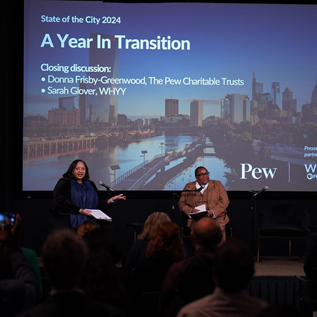Evaluation of HOPE Probation
Overview
Convicted drug-possession offenders (and low-level property and public-order offenders, many of them with illicit drug habits) are rarely given straight jail time; in most jurisdictions they are placed on probation. This places probation departments on the front lines of the struggle to reduce drug-related crime and drug abuse by offenders, but they face a tremendous challenge given resource restrictions and heavy case-loads. Rather than consistently sanctioning probation violations – illegal drug use, missing probation appointments and drug tests, missing required drug-treatment sessions — probation officers and courts typically allow repeated violations to go unpunished.
There are strong theoretical reasons to think that a probation system that consistently and swiftly punishes probation violations and uses mild rather than drastic sanctions would be more effective in inducing behavioral changes than the current much more haphazard system. A structured sanctions model in Hawaii has dramatically improved probationer compliance without draining department resources. The program, called HOPE (Hawaii’s Opportunity Probation with Enforcement), was first launched by Judge Steven Alm in 2004. In cooperation with probation officers, prosecutors, defense lawyers, and police agencies, he streamlined the process of enforcing probation requirements, introducing random rather than scheduled drug testing and immediate rather than delayed hearings.
Evaluations of HOPE, including a randomized controlled trial, are underway, with support from the Smith Richardson Foundation and the National Institute of Justice. Preliminary results from HOPE show that HOPE probationers in the Specialized Probation Unit and in the General Probation unit have improved outcomes compared with probationers assigned to probation-as usual in terms of drug use, no-shows for probation appointments, new arrests, and probation revocations.









